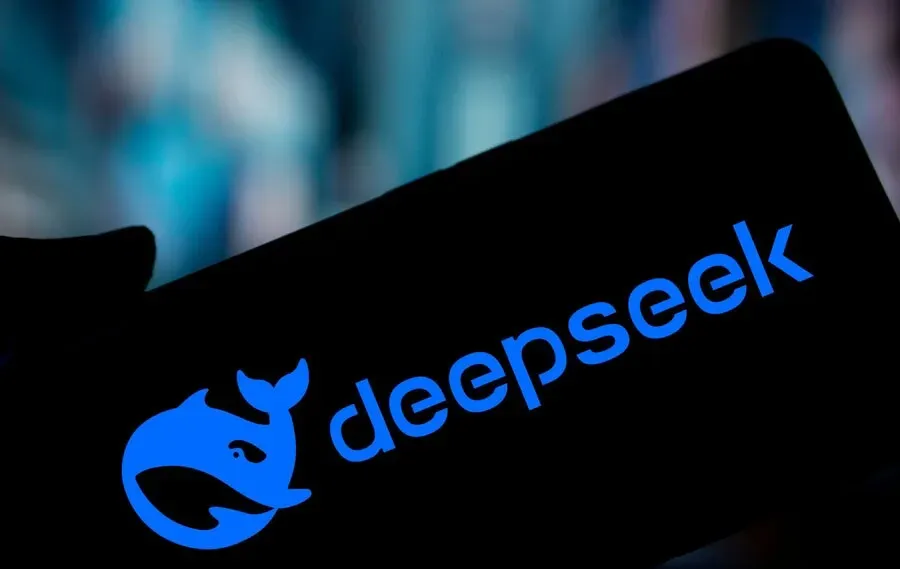In the ever-evolving landscape of artificial intelligence, the emergence of DeepSeek as the most downloaded app on the Apple App Store last week has sparked both excitement and concern. Praised for its open-source model and advanced capabilities, DeepSeek has quickly gained traction among users seeking cost-effective AI solutions. However, recent revelations about severe security flaws and alarming data privacy issues have cast a shadow over its rapid rise. As organizations consider integrating this innovative technology, it becomes imperative to navigate the delicate balance between leveraging its potential and safeguarding against its inherent vulnerabilities.
DeepSeek’s Rise to Popularity
DeepSeek’s ascent to the top of the Apple App Store reflects the growing demand for advanced AI applications that are accessible to a wider audience. By adopting a free, open-source model, DeepSeek has attracted numerous users seeking innovative solutions without the burden of licensing fees. This model not only democratizes access to cutting-edge technology but also encourages experimentation and creativity among developers, ultimately fostering a vibrant ecosystem of AI applications.
The rapid popularity of DeepSeek, however, raises questions about the implications of its widespread use. With its capabilities in mathematics, coding, and natural language reasoning, DeepSeek has positioned itself as a competitive alternative to established AI models. Yet, the overwhelming interest in the app has led to concerns about its security and privacy, prompting users to weigh the benefits of its powerful features against potential risks associated with its vulnerabilities.
Frequently Asked Questions
What are the main security concerns associated with DeepSeek?
DeepSeek has severe security flaws, with the R1 model showing a 100% attack success rate, and is vulnerable to algorithmic jailbreaking, allowing harmful manipulations of its AI capabilities.
How did DeepSeek gain popularity on the Apple App Store?
DeepSeek’s rapid rise in popularity can be attributed to its free, open-source model and advanced capabilities, which attracted users seeking cost-effective AI solutions.
What data privacy issues have been reported with DeepSeek?
A significant database leak exposed over one million records, including sensitive information like user prompts and API tokens, raising serious data privacy concerns.
Why have the U.S. Navy and Italy banned DeepSeek?
The U.S. Navy and Italy banned DeepSeek due to security vulnerabilities and data privacy concerns, highlighting apprehensions over using AI technologies with inconsistent data protection standards.
How does DeepSeek compare to other AI models in terms of performance?
DeepSeek-R1 performs comparably to leading models, excelling in tasks such as mathematics, coding, and natural language reasoning, making it a competitive option for companies.
What advantages does DeepSeek’s open-source model offer?
DeepSeek’s open-source model allows companies to access, modify, and integrate its technology without licensing fees, promoting innovation and customization in AI applications.
What precautions should organizations take when using DeepSeek?
Organizations should thoroughly assess security risks and prioritize data protection measures when integrating DeepSeek to ensure responsible and safe deployment of AI technologies.
| Key Point | Details |
|---|---|
| Popularity | DeepSeek became the most popular app on the Apple App Store due to its free, open-source model. |
| Security Flaws | A Cisco report highlighted severe security flaws, including a 100% attack success rate for the R1 model, failing to block harmful prompts. |
| Algorithmic Jailbreaking | DeepSeek is vulnerable to jailbreaking, allowing users to manipulate the AI for harmful tasks. |
| Data Privacy Issues | A database leak exposed over one million records, raising concerns about sensitive information misuse. |
| Regulatory Actions | The U.S. Navy and Italy have banned DeepSeek on government devices due to security and privacy concerns. |
| Open-Source Advantages | The open-source model fosters innovation and cost-effective integration of AI capabilities. |
| Performance | DeepSeek-R1 performs comparably to leading models in tasks like mathematics, coding, and reasoning. |
| Democratization of AI | The open-source approach encourages collaboration and accelerates AI application development. |
| Safety Concerns | Cost-effective strategies may have compromised safety mechanisms, leading to vulnerabilities. |
| Need for Caution | Organizations must balance the benefits of DeepSeek with a thorough assessment of security risks. |
Summary
DeepSeek security concerns are at the forefront of discussions surrounding the app’s rapid rise in popularity. Despite its innovative and cost-effective open-source model, significant vulnerabilities have been identified, including a high attack success rate and serious data privacy issues. Regulatory bodies have reacted by prohibiting its use in sensitive environments, emphasizing the need for robust security measures. As organizations consider integrating DeepSeek, it is essential to prioritize safety and data protection to mitigate potential risks.










